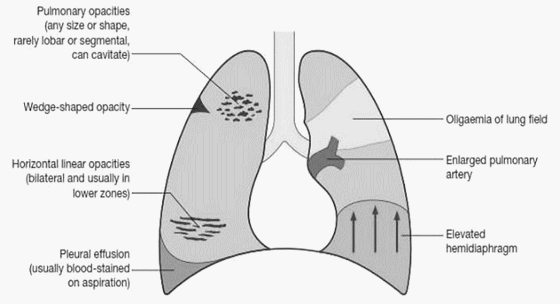1. Classic presentation is normal X-ray in patient with dyspnea and hypoxia 2. Atelectasis or parenchymal abnormality (68%) 3. Elevated hemidiaphragm 4. Pleural effusion (Felson’s sign – pleural effusion on left > right) 5. Hampton’s hump: peripheral pleural based wedge-shaped density above the diaphragm due to pulmonary infarct 6. Westermark’s…
Tag: Pediatrics
Section Editor: Dr. Sujit Kumar Shrestha, MD Pediatrics, Fellowship Neonatology
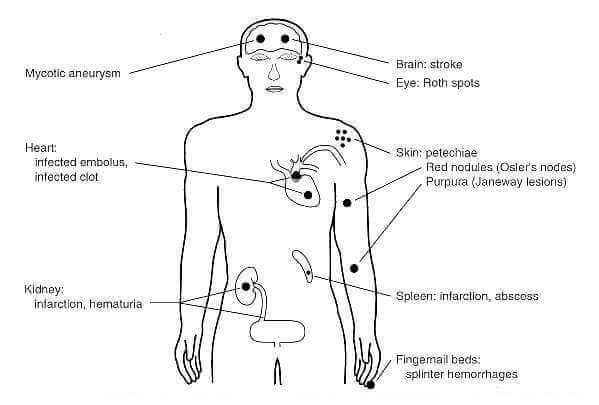
Modified Duke’s Criteria for Infective Endocarditis : Mnemonic
Bacterial Endocarditis FIVE PM, i.e. BE FIVE PM Blood culture positive for IE Endocardial involvement Fever Immunologic phenomena Vascular phenomena Echocardioraphy minor criteria (eliminated) Predisposition Microbiologic evidence Definite Diagnosis from Clinical Criteria: 2 (major) + 0 (minor) or 1 (major) + 3 (minor) or 0 (major) + 5 (minor) Look:…
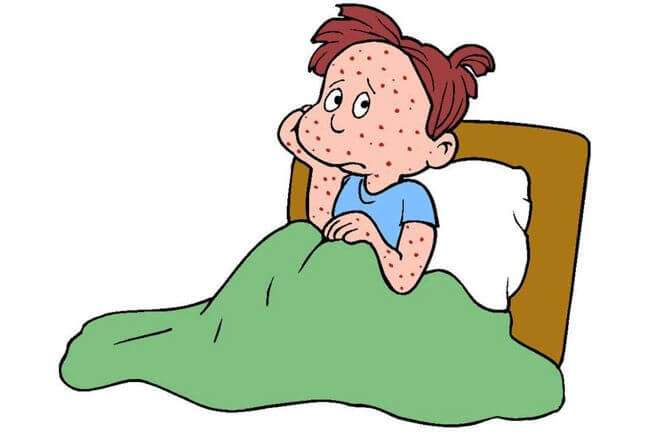
Fever and Rash : Mnemonic Based Approach
Seven Killer Causes of Fever and Rash Mnemonic: SMARTTT Sepsis Meningococcemia Acute endocarditis Rocky mountain spotted fever Toxic erythemas Toxic epidermal necrolysis Travel-related infections Onset of Rash with “X” Days of Fever Mnemonic: Very Sick Person Must Take Double Eggs Varicella (Chicken pox): 1st day (rash is often 1st sign…
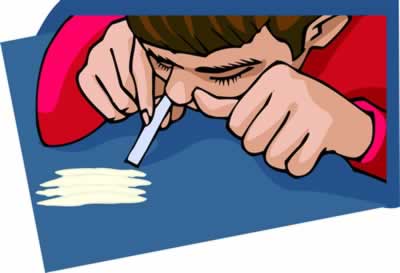
How to talk to your kids about drugs ?
Many communities around the country are faced with the reality that an alarming number of young people are trying tobacco, alcohol and other dangerous drugs. Many others are using them regularly. The numbers can be startling. The National Institute on Drug Abuse reports that by the 8th grade, 30% of…

Aplastic Anemia : Review notes
Definition Failure of bone marrow to produce peripheral blood cells and its progenitors Etiology The following illustration gives a brief idea about the etiological factors of aplastic anemia Now going into each etiological factor: – Autoimmune diseases: – Either they affect all the lineages (autoimmune aplastic anemia) or a single…
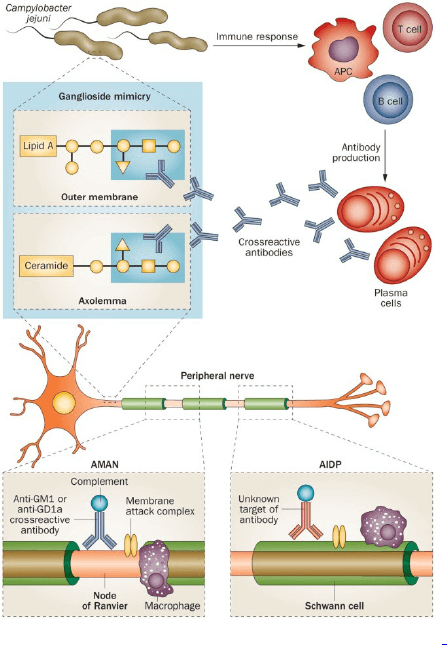
Guillain Barre Syndrome (GBS) – Mnemonic
ASBURY CRITERIA FOR GUILLAIN BARRE SYNDROME (GBS) Required Criteria Mnemonic: AIDP 1. Areflexia 2. Include in differential and rule out other causes 3. Duration < 4 weeks 4. Progressive weakness of 2 or more limbs due to neuropathy Supportive criteria Mnemonic: AIDPS 1. Afebrile 2. Involvement: Mild sensory involvement Facial…
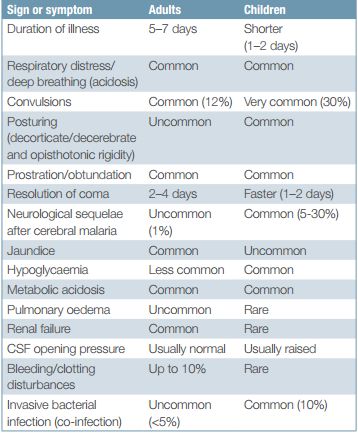
Severe Malaria : Quick revision
Criteria for Severe and Complicated Malaria Positive peripheral blood smear for P.falciparum + ≥1 of the CHAPLINS (Mnemonic) Convulsions: >2 in 24 hour Cerebral edema (Consciousness impaired) Hypoglycemia (glucose <40 mg/dl) Hemorrhage (DIC) Hemoglobinuria (Black water fever) Anemia (hemoglobin <5 gm/dl or PCV <15% in children; hemoglobin <7 gm/dl or…
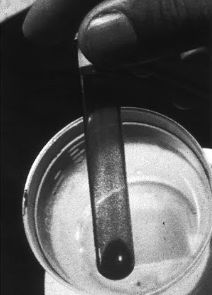
Bedside Cold Agglutinin Test for Mycoplasma
Definition of Cold Agglutinin Cold agglutinins are polyclonal IgM that have specificity against the I-antigen on red cells, and often there is light chain restriction, with kappa being predominant. The infections associated with cold agglutinins are: Mycoplasma pneumoniae Epstein Barr virus Cytomegalovirus HIV Rubella Steps for Bedside Cold Agglutinin Test…
